Let’s grant Sonia Gandhi’s do-gooders at the National Advisory Council (NAC) - as unelected as Anna Hazare’s civil society group - the best of intentions. They have come up with a draft Food Security Bill which they now expect their boss to ram down the throats of an unhappy Manmohan Singh government.
If implemented well (which is most unlikely), the NAC version of the Food Security Bill (FSB) will be the greatest single piece of social legislation in the world, covering an estimated 850 million population.
It has the potential to end mass poverty and hunger at one stroke. It will enable poor Indians to move beyond subsistence thinking and manual labour to an empowered, educated and productive state.
So, one needs to give full marks to the vision underlying this Bill.
As now proposed, the draft Bill will entitle 70% of Indian citizens to ultra-cheap grain. Those below the poverty line (BPL) will get 7 kg of rice per person at Rs 3 a kg or wheat at Rs 2 a kg or millets at Re 1 a kg.
If a BPL household has five members, it will get 35 kg of grain for less than Rs 100 a month, depending on the rice-wheat mix it opts for. Those above the line will get 3 kg at half the price paid to farmers as minimum support price.
But look closer, and the poverty of thought underlying the bill becomes obvious. The FSB is all vision and no mission. Very little thought has been given to how it can be implemented. It has not considered better alternatives. It has not given any thought to the macroeconomic implications of legislating a massive entitlement programme without figuring out who’s going to pay for it all.
It has invited 850 million people to a feast without ordering the essential ingredients for a wholesome meal.
Here’s what Sonia and Manmohan Singh need to discuss before legislating the FSB. As it now stands, it is an invitation to macroeconomic disaster and corruption unless the duo tries to honestly address the following issues.
First, is there enough food to go around? Currently, the granaries are full , with 65 million tonnes of grains stored in godowns and silos. But the food ministry says it will require 80 million tonnes to meet the FSB’s requirements.
The entire stock is not enough to run the scheme, but no buffer stock can be run down to zero anyway. This means the actual availability will probably be far less, less than 40 million tonnes. Half the scheme has to go out of the window.
Solution: The FSB should be rolled out in stages, and it should not cover the whole country before long-term food supplies are augmented by stoking an agricultural revolution.
Second, can the infrastructure handle this kind of food volumes? The answer is simply no. At 65 million tonnes of procured stock, five or six million tonnes are still out in the open, with just plastic and temporary covers on.
The road and rail infrastructure needed to move so much grain in one year simply does not exist - not to speak of port infrastructure to hand imported grain, if that becomes necessary. The public distribution system - not the paragon of efficiency even now - is also not geared to handling so much volume.
Solution: Same as above. Invest in the infrastructure first, before promising the moon to voters and the poor.
Third, is giving away food at Rs 2-3 the best way of reducing poverty? Quite simply, no. It would be an absolute waste of money to invest in a food distribution infrastructure when better alternatives are available.
If poverty is a temporary phenomenon, which is the basic idea behind the FSB, creating a whole new public infrastructure to hand millions of tonnes of food would be a waste if better alternatives are available.
Solution: Cash transfers are a better alternative. Ashok Gulati, Chairman of the Commission on Agricultural Costs and Prices, which fixes minimum support prices for grain, says cash transfers should work if they are implemented in line with best practices.
Writing in the Wall Street Journal’s India Real Time online edition, he says: “I am strongly in favour of making this switch, in which the poor can be given smart cards or coupons to buy a selection of food commodities (including, but not restricted to, wheat and rice.) These cards or coupons can be given to the woman in the household, and even made conditional upon sending children (especially females) to school. These methods can help provide food security to the poor in a cost-effective manner, promote a more diverse diet and empower women through education.”
A bonus: the existing infrastructure will be able to cope with market demand for grain - which is what cash transactions will enable - since there is no need to store, move and distribute grain through a leaky PDS system. The infrastructure can be built in stages, as prosperity grows.
Continue reading on next page
Fourth, will FSB reduce corruption or increase it? No guesses here. Currently, Gulati estimates that more than half the grain routed through the public distribution system (PDS) is sold to the non-poor. How is it even possible that doubling or tripling the volume of grain passing through the PDS will cause less corruption?
If subsidised diesel and kerosene serve as spurs to adulteration and even murder (Yeshwant Sonawave, J Dey), an expanded PDS will be an open invitation to get the mafia into the food business.
Solution: Cash transfers, supported through the unique ID project, will ensure that only the intended beneficiaries get the really subsidised grain. It can be launched with pilot schemes, and then extended universally.
Fifth, how will the FSB strengthen the existing grain market infrastructure? It won’t. When 70% of the population will feed itself with subsidised grains either fully (BPL families) or partially (non-BPL cases), the net effect will be to downsize the market for foodgrain.
There will thus be three inefficient markets working in parallel: a market of foodstuffs for the rich and super-rich, which will be narrow but vibrant; a market for black market grain pilfered or diverted from FSB stocks; and a non-market distribution system for subsidised grain. A vibrant grain market will have been destroyed.
Solution: A mix of cash transfers and a retail revolution (by allowing organised food retailers like Wal-Mart to enter and expand) will ensure three things:
make the market for food vibrant. Even the poor will create a market for food as they can pay for it with the cash subsidies they get from the government. They will not have to opt for the government’s poor quality, moth-eaten grain.
The advent of big retail chains will improve efficiencies in the food supply chain from farm to fork, giving higher prices to farmers and lower prices to consumers.
Since cash transfers will happen through the banking system, at one stroke the whole of India will have a no-frills bank account. Financial inclusion will be the net result.
A bonus: Between them, cash transfers and a retail revolution will convert our poor millions from abject recipients of government doles to vibrant consumers. Receiving grain doles is no good for anyone’s self-respect. Money in your pocket empowers you.
Sixth, what will happen to food costs once the scheme is implemented? In the short-term, food costs can only rise. Procuring, storing, transporting and distributing so much food means market supplies will fall, and prices rise. To procure so much food, procurement prices will have to be continuously raised. This is a cost-push to inflation.
But since the grain will be bought at high prices and sold for a song, it will increase the food subsidy bill of the government - which will bloat beyond recognition. Budgeted food and other subsidies in 2011-12 are already in excess of Rs 1,43,570 crore - which is nearly 12% of the government’s total expenditure. The FSB will probably push it up to well over 20% in a very short time.
This money is not coming from higher tax revenues any time soon, since the economy is slowing down and the monsoons are anyway expected to be “below normal”.
Money will be printed to pay for the FSB. One should expect inflation to zoom continuously from this year onwards.
Solution: The only real solutions are long-term. We need a second green revolution. The scope for it exists in eastern India, where water levels are not as bad as in the traditional granary states of Punjab, Haryana and Western UP. But this calls for improved hybrid seeds, fertilisers, and pesticides, and probably controlled introduction of genetically-modified seeds.
But these are medium to long-term remedies. These decisions should have been taken two years before the launch of FSB. There is not a moment to waste even now.
Unfortunately, the NAC has decided to eat the seedcorn instead of saving up some for growing the next crop. The NAC’s social vision has not been matched by governmental action on augmenting food supplies.
Seventh, is FSB meant to supplement or supplant other entitlement schemes like NREGA? Again, there is no clarity on this. Logically, it would have been more sensible to extend the Mahatma Gandhi National Rural Employment Guarantee Act (NREGA), which entitles the poor to 100 days of work for a minimum of Rs 100 a day, into a work-cum-unemployment insurance scheme.
Superimposing the FSB on a NREGA means not only will everyone earn more, but they will also have to spend less. If we assume that a five-member family with two adults can earn Rs 20,000 a year from NREGA (100 days of employment, at minimum of Rs 100 a day), they can also feed a family of five at less than Rs 1,200. (35 kg or rice-wheat comes for less than Rs 100 a month, or Rs 1,200 a year).
This leaves every family with a surplus of Rs 18,800 a year between NREGA and FSB with which they can buy fuel, housing, clothes, or anything
Solution: One or the other has to go. NREGA and FSB cannot co-exist. This is social security overkill. It will destroy the work ethic, and drive up wages - as NREGA is already doing - to intolerable levels. Indian manufacturing will become unviable, and so will Indian agriculture.
Paying people more to work less and spend even less on essentials is a recipe for disaster. It will force greater automation in both the farm sector and in manufacturing. Nothing wrong in that, but increasing automation will mean we will continue to have millions of Indians sticking to the udders of a nanny state permanently.
It is one thing to offer a social security net for the poor, quite another to mollycoddle them and make them overdependent on the state for a living. No politician seeking re-election will ever seek to roll back any dole, and a mai-baap state will work itself to insolvency.


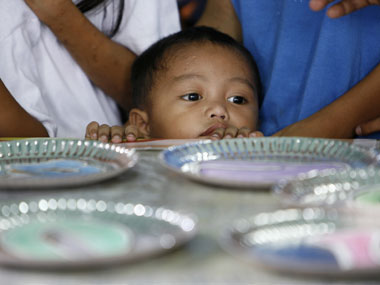)




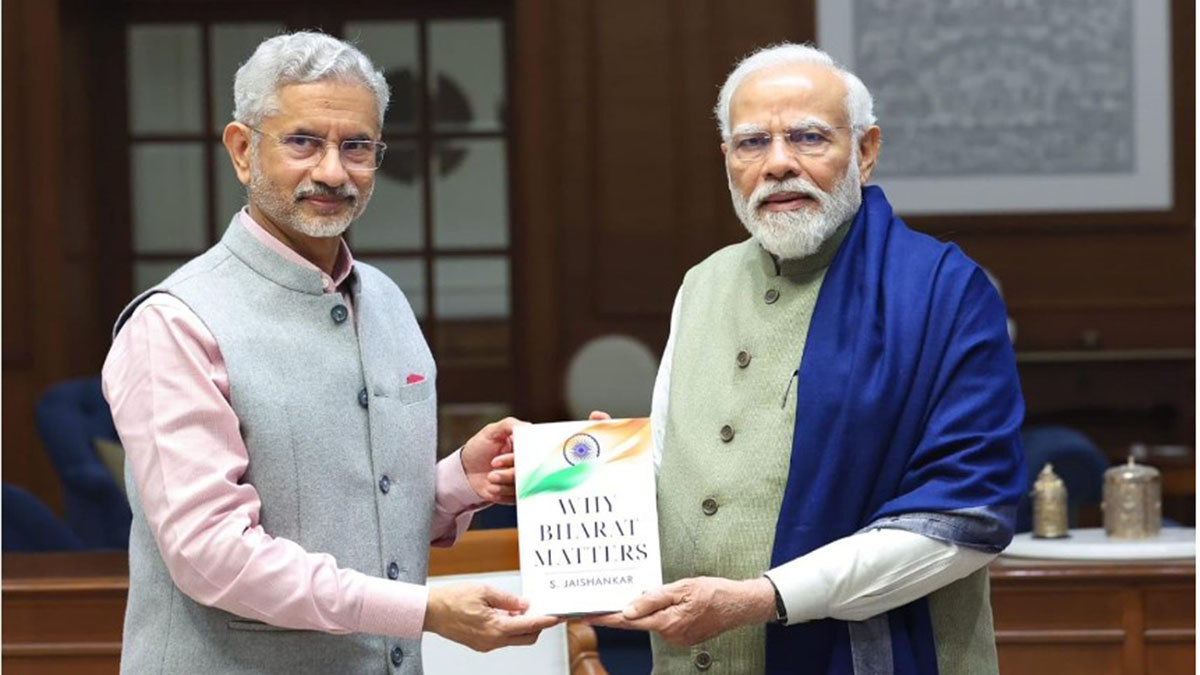)
)
)
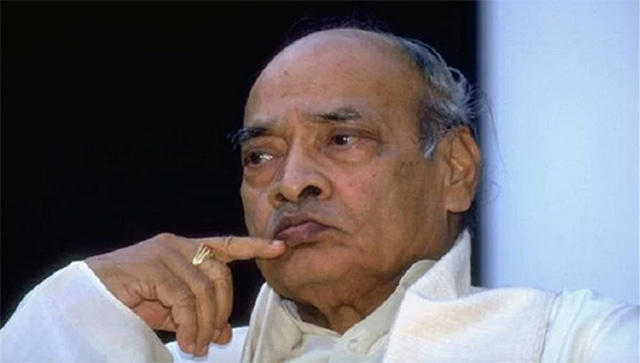)
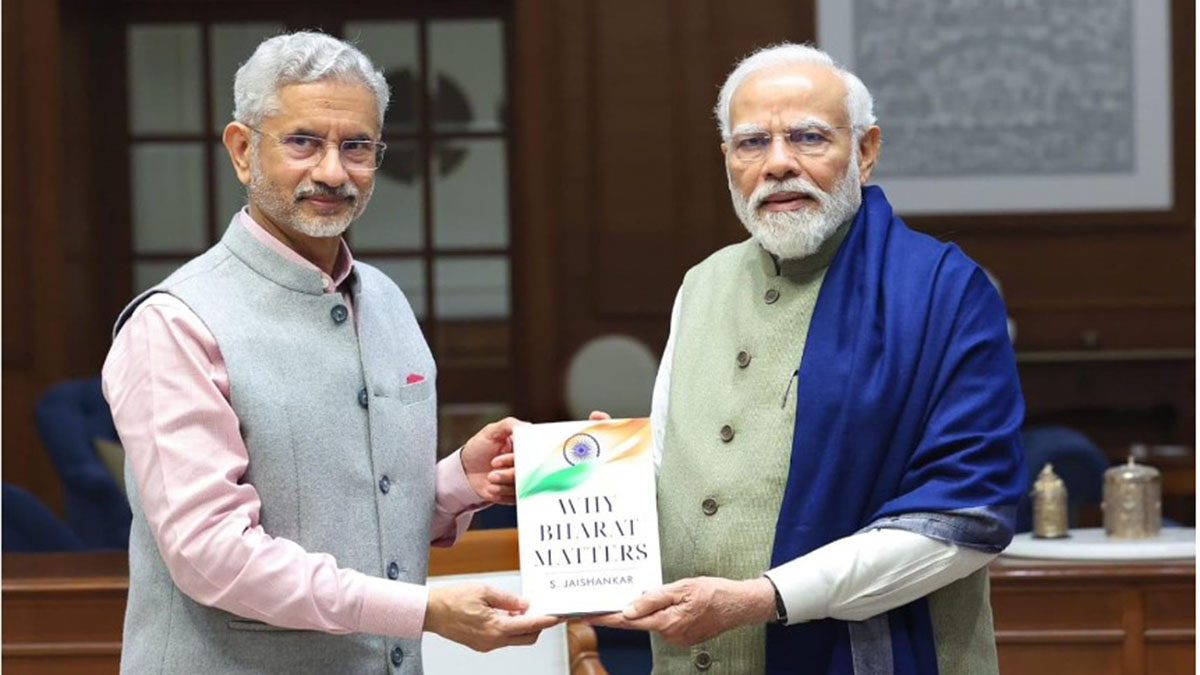)
)
)
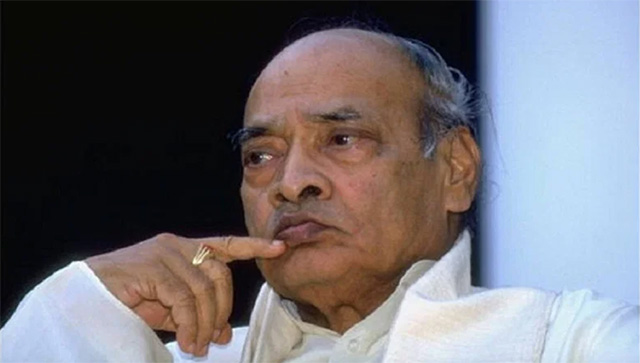)